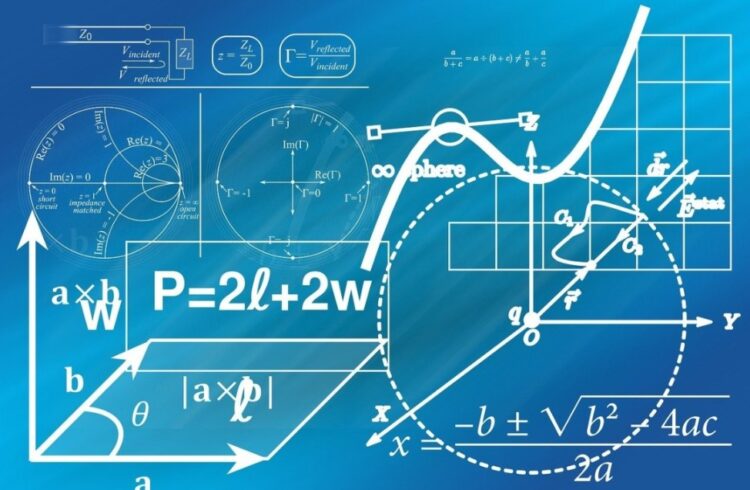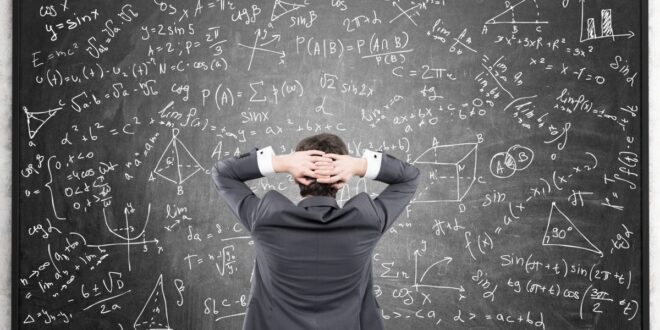Mathematical analysis, a fundamental branch of mathematics, delves into the intricacies of limits, functions, derivatives, integrals, and infinite series. It is the foundation upon which much of modern mathematics is built, playing a crucial role in fields ranging from physics to economics.
The ability to solve complex problems in mathematical analysis not only enhances one’s analytical skills but also fosters a deeper understanding of mathematical concepts and their applications.
To begin with, one of the essential aspects of mastering mathematical analysis is the practice of solving exercises on notable limits. These exercises help in understanding the behavior of functions as they approach certain points or infinity, a concept that is pivotal in calculus and beyond. The constant practice of such exercises strengthens one’s ability to recognize patterns and apply appropriate techniques to find solutions.
1. Understanding the Problem
The first step in effective problem-solving is to thoroughly understand the problem at hand. This may sound obvious, but it’s a step that is often rushed or overlooked. Understanding the problem involves carefully reading the question, identifying the given information, and determining what is required.
2. Formulating a Strategy
Once the problem is understood, the next step is to formulate a strategy. This involves selecting the appropriate methods and tools to tackle the problem. In mathematical analysis, there are numerous strategies one can employ, depending on the nature of the problem.
For example, when solving limit problems, one might use algebraic manipulation, graphical analysis, or numerical methods to find the limit.

3. Applying Analytical Techniques
Mathematical analysis encompasses a wide range of analytical techniques that are essential for solving problems. These techniques include differentiation, integration, series expansion, and the use of special functions. Each technique has its own set of rules and applications, and mastering them is key to effective problem-solving.
4. Visualization and Graphical Analysis
Visualization is a powerful technique that can greatly enhance one’s understanding of mathematical problems. Graphical analysis involves plotting functions and examining their behavior visually. This approach provides valuable insights into the properties of functions, such as continuity, differentiability, and asymptotic behavior.
5. Numerical Methods and Approximation
In some cases, analytical solutions to mathematical problems might be difficult or impossible to obtain. In such situations, numerical methods and approximation techniques can be invaluable. These methods involve approximating the solution to a problem using numerical techniques, such as iterative algorithms or finite differences.
6. Practice and Persistence
The adage “practice makes perfect” holds true for mathematical analysis. Regular practice is essential for developing problem-solving skills and gaining confidence in tackling complex problems. By working through a variety of problems, one can familiarize oneself with different techniques and approaches, and develop the intuition needed to recognize patterns and apply appropriate methods.

7. Seeking External Resources
In the digital age, there are numerous resources available to help one master mathematical analysis. Online platforms, educational websites, and forums provide a wealth of information, tutorials, and practice problems. These resources can supplement traditional learning and provide additional support for solving complex problems.
8. The Importance of Theoretical Understanding
While problem-solving skills are crucial, a solid theoretical understanding of mathematical concepts is equally important. Theoretical knowledge provides the foundation upon which problem-solving skills are built. By understanding the underlying principles and theorems, one can apply them effectively to solve problems.
9. Developing Intuition and Insight
Effective problem-solving in mathematical analysis requires not only technical skills but also intuition and insight. Developing mathematical intuition involves recognizing patterns, making connections between different concepts, and understanding the broader implications of a problem.
 Hi Boox Popular Magazine 2024
Hi Boox Popular Magazine 2024



